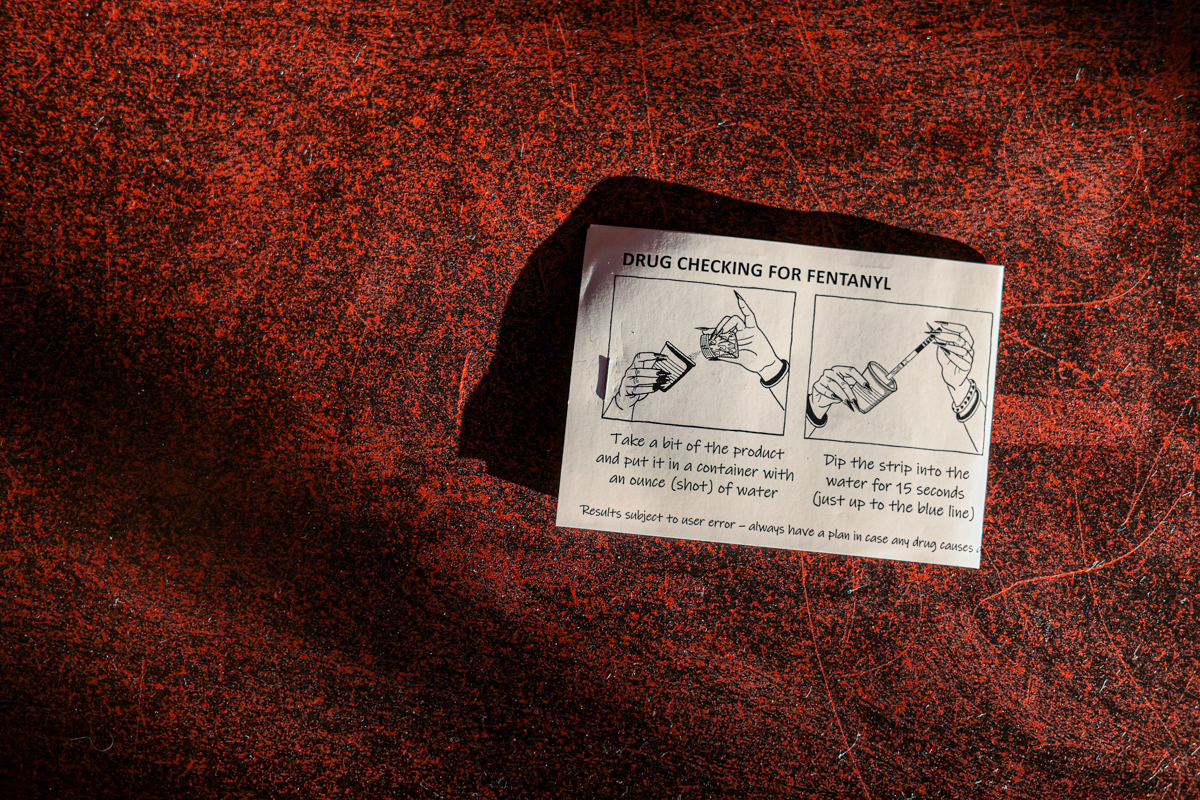I’ve always been a firm believer in harm reduction. The way I see it, legalizing safe consumption sites and giving people access to fentanyl test strips and Narcan (a brand name for the overdose-reversal drug naloxone) will only serve to make our community safer.
On New Year’s Eve, as I prepared to head to a house party where I figured some might use recreational drugs—and thus put themselves at risk of accidentally overdosing on fentanyl—I went out in search of test strips and naloxone. With test strips, I could help people identify if drugs were laced with fentanyl. With Narcan, I might be able to help reverse an inadvertent overdose.
I figured it’d be an easy errand. I was wrong.
I walked over to my neighborhood CVS, where the pharmacist informed me it does not carry fentanyl test strips. I had no luck with naloxone either, as the pharmacy manager needs to be present to sell Narcan. I was advised to visit the hospital pharmacy at Kaiser Permanente down the street.
As a Kaiser member, I thought surely the hospital would carry these harm-reduction tools. When I reached the front of the long line at Kaiser, the pharmacist told me that I would need a prescription to access Narcan. That confused me. Hypothetically, I’d use Narcan to help someone overdosing on the street or at a party, not for myself in the way I’d use another prescription drug.
According to a Kaiser official, Narcan is available at its Oakland facility.
“The Emergency Department at our Oakland Medical Center offers free Naloxone (Narcan) on request as part of a state-sponsored program aimed at reducing opioid overdose deaths,” a spokesperson for Kaiser Permanente wrote in an email. “Most of our Emergency Departments in Northern California participate in this program; we will be fully operational at all Emergency Departments by the end of this quarter. We do not currently offer fentanyl-testing strips.”
I asked the pharmacist about fentanyl test strips. After clarifying that I was not, in fact, asking for the potent opioid itself, but rather a tool for detecting its presence in other recreational drugs, the pharmacist told me that Kaiser doesn’t carry test strips.
Luckily, that’s not the end of the story. Having recently published a couple of articles about this subject, I knew that local nonprofit FentCheck has an online map of sites that distribute free test strips. Lo and behold, the bar across the street from Kaiser hospital is on FentCheck’s map. A bartender at The Lodge directed me past the bar’s beloved popcorn machine to the restroom, where I found a bowl filled with test strips—free for the taking.
The irony of striking out at the pharmacy and the hospital, only to find the potentially life-saving resource I was looking for at a neighborhood bar, left me with more questions than answers.
So I called up Alison Heller, co-founder of FentCheck. Driven by a desire to confront the fentanyl crisis, Heller attended EMT school before starting FentCheck. She told me that when she started her organization, fentanyl test strips were considered drug paraphernalia. She and her co-founder Dean Shold worked hard with lawmakers to help declassify them.
The co-founders were inspired, in part, by the volunteers who distributed free condoms during the HIV and AIDS crisis, and saw an opportunity to do the same with fentanyl test strips.
“Narcan is unbelievably safe,” Heller said. “It can be used on a baby, on a child and on an elderly person.” In California and 48 other jurisdictions, individuals are covered by naloxone access laws when they administer the overdose reversal drug.
“Legally, we’re behind on the crisis. It’s insulting to the community.” Heller said. But she has hope that harm-reduction resources like test strips and Narcan could soon become more accessible in the Bay Area. “This is the year when things could change.”
Until then, she said she’ll keep distributing test strips as widely as possible, as fentanyl overdoses continue to occur on the streets, in bars and inside homes. Widespread access to tools like test strips and Narcan will help address the public health crisis.
Coincidentally, she told me that days after I picked up test strips from The Lodge, she replenished the bar’s supply. And ultimately, the host of the party had Narcan on hand, as well.
